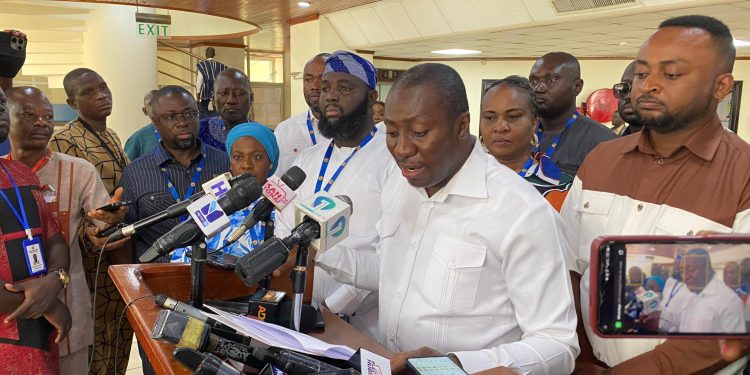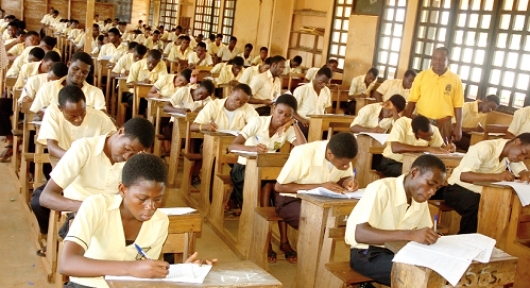Members of Ghana’s parliamentary minority are demanding an emergency in-camera session with the country’s Interior Minister, Mohammed Muntaka Mubarak, amid a disturbing uptick in ritual killings and violent crime incidents across the nation.
The call was issued Saturday, July 26, following a string of high-profile attacks that have alarmed citizens and raised concerns about the effectiveness of national security measures.
Minority Chief Whip Frank Annoh-Dompreh, addressing Parliament, invoked Order 60 of the Standing Orders to push for a closed-door briefing. “We cannot let this matter die naturally,” Annoh-Dompreh said on the floor of the House. “This is a sensitive national security issue. We must engage the Interior Minister directly and receive immediate updates on the government's response.”
The renewed call for action follows several deadly incidents, including a fatal shooting on the campus of Nalerigu Senior High School on July 26, which left two students dead. Authorities have yet to establish a motive, though speculation persists that the attack could be linked to the longstanding Bawku tribal conflict. A similar targeted killing occurred earlier on the Bawku Senior High School campus, further heightening tensions in the area.
In response to the violence, the government has revised the Bawku curfew, now restricting civilian movement from 6:00 a.m. to 2:00 p.m. daily.
Elsewhere, on July 25, an unidentified man was gunned down in Asawase, in Ghana’s Ashanti Region, by assailants on a motorcycle. The attack mirrored a recent killing of the Kusasi Chief in the same region, underscoring growing concerns over targeted assassinations and gun violence.
The Minority caucus has described the security situation as “alarming,” and urged the government to act decisively to restore public trust. Despite growing unease, the Interior Ministry has yet to issue a comprehensive public response to the recent wave of violence.
Public anxiety continues to rise, as citizens call for greater transparency and stronger measures from security forces to stem the tide of lawlessness and protect communities across the country.













